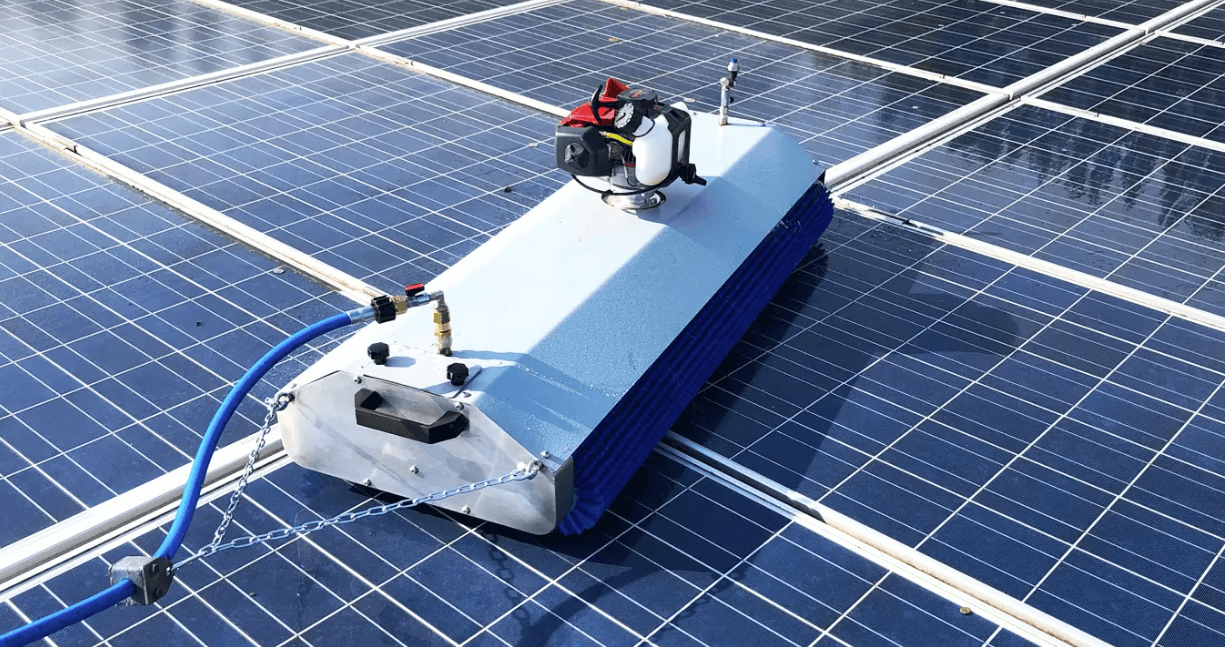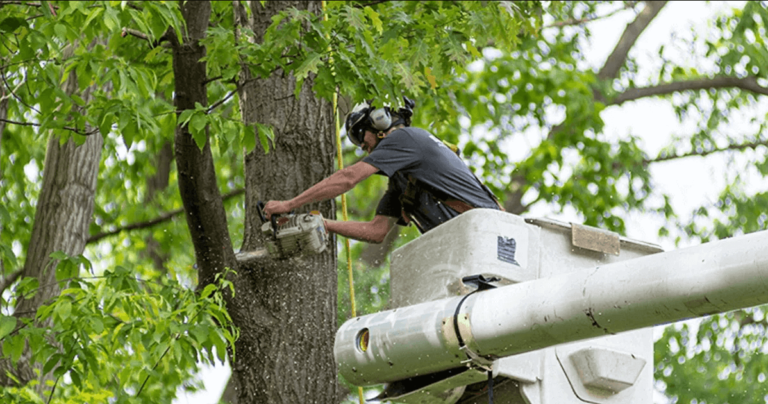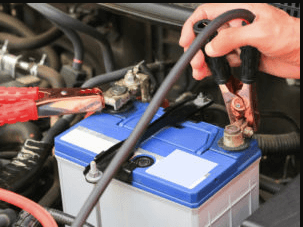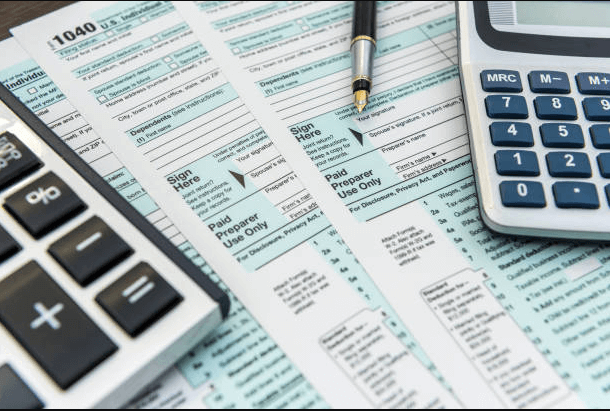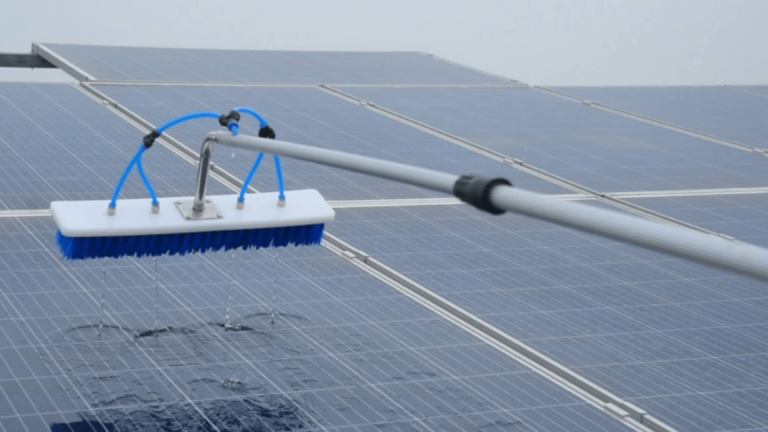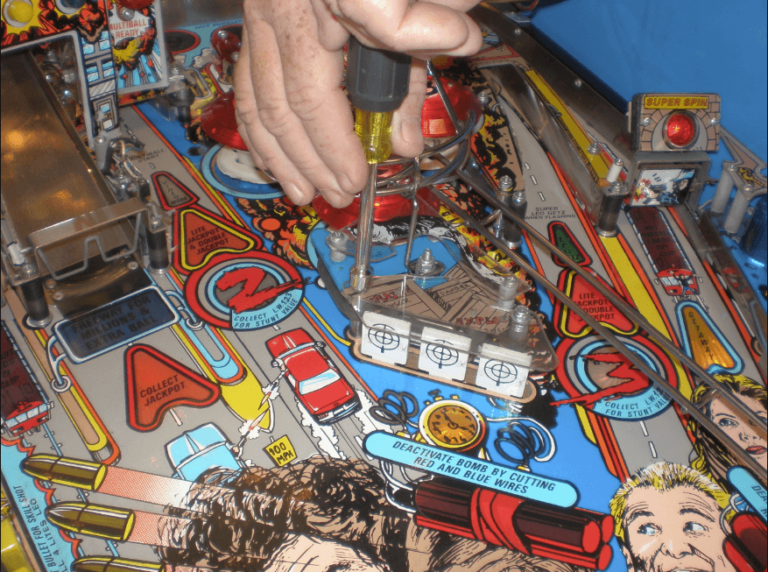Solar Panel Cleaning Equipment: Maximizing Efficiency and Performance
Solar panels are becoming increasingly popular as a sustainable and cost-effective energy solution. However, to ensure optimal performance and longevity, regular cleaning and maintenance are essential. In this article, we will explore the importance of solar panel cleaning, the challenges it presents, and the various types of equipment available to efficiently clean solar panels.
Table of Contents
- Introduction
- Why Solar Panel Cleaning is Important
- Challenges in Solar Panel Cleaning
- Types of Solar Panel Cleaning Equipment
- 4.1 Manual Cleaning Tools
- 4.2 Automated Cleaning Systems
- 4.3 Robotic Cleaning Solutions
- Factors to Consider When Choosing Cleaning Equipment
- 5.1 Efficiency and Effectiveness
- 5.2 Safety
- 5.3 Environmental Impact
- 5.4 Cost
- Proper Cleaning Techniques for Solar Panels
- 6.1 Preparing for Cleaning
- 6.2 Cleaning Process
- 6.3 Post-Cleaning Maintenance
- Conclusion
- Frequently Asked Questions (FAQs)
1. Introduction
Solar panels are designed to capture sunlight and convert it into usable electricity. Over time, dust, dirt, bird droppings, and other debris can accumulate on the surface of solar panels, reducing their efficiency and power output. Regular cleaning is crucial to maintain the performance and longevity of solar panels.
2. Why Solar Panel Cleaning equipment is Important
Properly cleaned solar panels can significantly enhance their energy production. By removing dirt and debris, the panels can absorb more sunlight, resulting in higher electricity generation. A clean solar panel equipment also reduces the risk of hotspots, which can lead to cell damage and decreased efficiency.
3. Challenges in Solar Panel Cleaning equipment
Cleaning solar panels presents several challenges. Firstly, accessing panels that are installed on rooftops or at elevated heights can be difficult and potentially dangerous. Secondly, traditional cleaning methods, such as using water and detergents, may not be sufficient to remove stubborn stains or grime. Additionally, the use of improper cleaning techniques or abrasive materials can damage the delicate surface of the panels.
4. Types of Solar Panel Cleaning Equipment
To overcome the challenges associated with solar panel cleaning, various types of equipment are available in the market. Here are the three primary categories:
4.1 Manual Cleaning Tools
Manual cleaning tools include soft brushes, squeegees, and extension poles. These tools are ideal for low-height solar panel installations and can effectively remove loose dirt and debris. However, they may require additional effort and time, especially for larger installations.
4.2 Automated Cleaning Systems
Automated cleaning systems are designed to streamline the cleaning process for larger solar panel arrays. These systems utilize water jets, rotating brushes, and wiper blades to remove dirt and grime. They are typically mounted on rails or tracks and can automatically move across the panels, ensuring thorough and efficient cleaning.
4.3 Robotic Cleaning Solutions
Robotic cleaning solutions have gained popularity due to their ability to clean solar panels autonomously. These robots are equipped with advanced sensors and algorithms that enable them to navigate the panel surfaces and detect areas that require cleaning. They are especially effective for large-scale solar farms, where manual cleaning may be impractical.
5. Factors to Consider When Choosing Cleaning Equipment
When selecting solar panel cleaning equipment, it is essential to consider the following factors:
5.1 Efficiency and Effectiveness
The equipment should be capable of efficiently removing dirt and debris without causing damage to the panels. Look for tools or systems that offer optimal cleaning performance.
5.2 Safety
Ensure that the cleaning equipment minimizes the risk of accidents or injuries, particularly for installations at elevated heights. Safety features like non-slip grips and secure mounting systems should be prioritized.
5.3 Environmental Impact
Choose cleaning methods that minimize water usage and avoid the use of harmful chemicals. Environmentally friendly options help reduce the ecological footprint of solar panel cleaning.
5.4 Cost
Consider the upfront and long-term costs associated with the cleaning equipment. Evaluate factors such as purchase price, maintenance requirements, and potential savings in energy generation resulting from improved panel performance.
6. Proper Cleaning Techniques for Solar Panels
To maximize the effectiveness of the cleaning equipment, follow these proper cleaning techniques:
6.1 Preparing for Cleaning
Before starting the cleaning process, ensure that the solar panels are cool and not exposed to direct sunlight. This prevents rapid evaporation of water, which can leave behind mineral deposits or streaks.
6.2 Cleaning Process
For manual cleaning, use a soft brush or sponge with mild soap or a dedicated solar panel cleaning solution. Gently scrub the surface in a circular motion to remove dirt and stains. Rinse thoroughly with clean water and allow the panels to dry naturally.
For automated or robotic cleaning systems, refer to the manufacturer’s instructions for proper setup and operation. These systems typically have customizable settings to optimize cleaning performance.
6.3 Post-Cleaning Maintenance
Regularly inspect the solar panels for any signs of damage or malfunction after cleaning. Address any issues promptly to maintain the panels’ performance and longevity. Read more…
7. Conclusion
Regular cleaning of solar panels is vital for maximizing their efficiency and power output. By using appropriate cleaning equipment and following proper techniques, you can ensure that your solar panels perform optimally and generate clean energy for years to come.
8. Frequently Asked Questions (FAQs)
Q1: How often should solar panels be cleaned? A1: It is recommended to clean solar panels at least once or twice a year, or more frequently in areas with high levels of dust or pollution.
Q2: Can I use a pressure washer to clean solar panels? A2: Using a pressure washer is not recommended, as the high-pressure water can damage the delicate surface of the panels.
Q3: Do I need professional assistance for solar panel cleaning? A3: While you can clean small installations manually, larger arrays may require professional cleaning services or automated systems for efficient cleaning.
Q4: Are there any specific cleaning solutions for solar panels? A4: Yes, there are dedicated solar panel cleaning solutions available in the market. Avoid using abrasive or chemical-based cleaners that can damage the panels.
Q5: Can dirty solar panels cause a fire? A5: While it is rare, excessive dirt or debris on solar panels can potentially lead to hotspots, increasing the risk of fire. Regular cleaning minimizes this risk.

